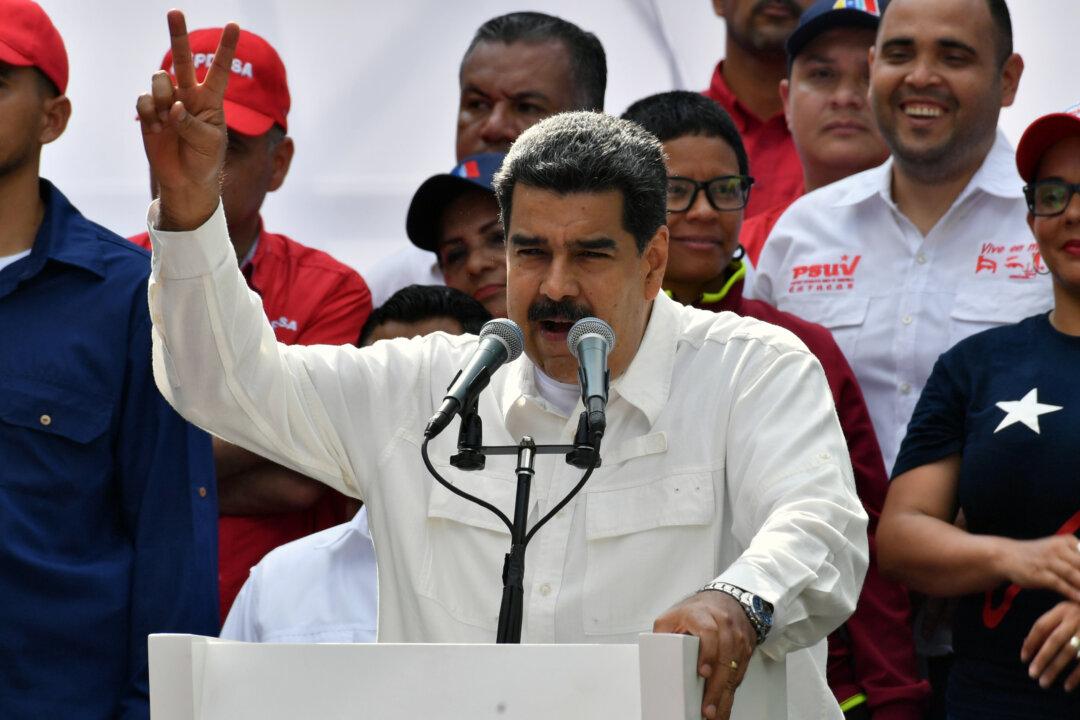Russia rebuffed calls from President Donald Trump to remove all military personnel from Venezuela, saying on March 28 that they had sent “Russian specialists” as part of a military cooperation deal.
A day before, Trump said that “all options” were being considered in order to make Russia pull their troops out of Venezuela. The president’s remarks follow reports last week that two Russian air force planes landed outside Caracas carrying nearly 100 Russian troops.





